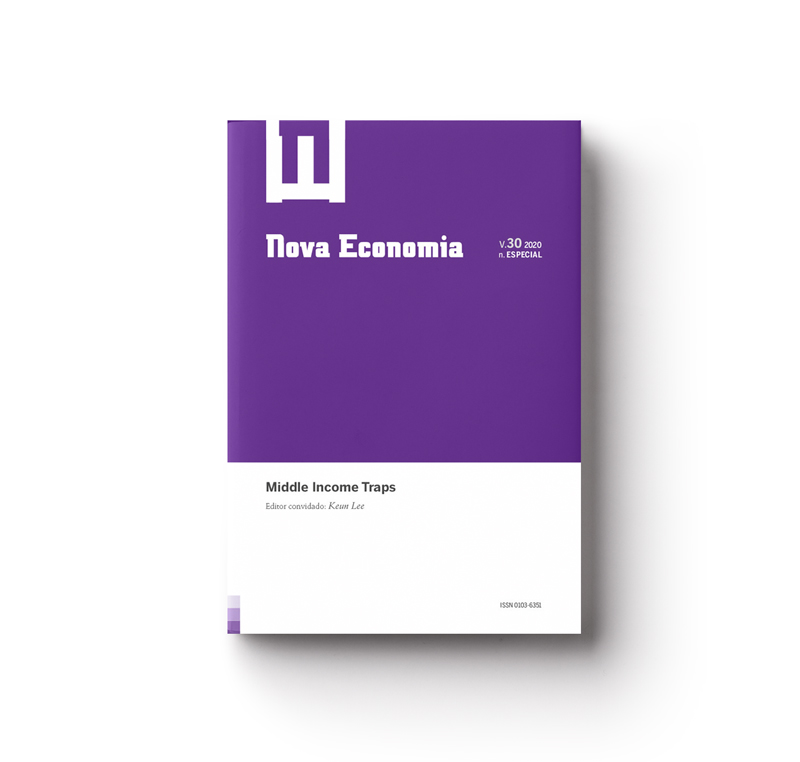Deindustrialization and innovation under globalization: An analysis of India’s catch up in manufacturing
Abstract
Abstract
There is a growing empirical evidence of premature deindustrialization in developing countries wherein the share of manufacturing in GDP and employment declined at a much lower level of per capita income as compared to the trend observed in developed countries. This study examined the manufacturing performance of India, which has been persistent with industrialization as its catch-up strategy. While the study finds no evidence of deindustrialization in the conventional sense, it presents compelling evidence in terms of wage share in value added and wage rate. Therefore, the study argues that a realistic analysis of deindustrialization should consider the quality of employment, wage share and wage rate along with employment share and GDP share. The study attributes deindustrialization in India as an outcome of its strategy to build international competitiveness based on price/wage cost advantage and the failure to build a vibrant learning, innovation and competence building system.
Keywords: India, deindustrialization, quality of employment, innovation.
JEL Codes: O14, O25, O33, O38
Downloads
Published
How to Cite
Issue
Section
License
Copyright (c) 2021 K. J. Joseph, Kiran Kumar Kakarlapudi, Akhil Joseph

This work is licensed under a Creative Commons Attribution 4.0 International License.
Authors who publish with this journal agree to the following terms:
- Authors retain copyright and grant the journal right of first publication with the work simultaneously licensed under a Creative Commons Attribution 4.0 International License that allows others to share the work with an acknowledgement of the work's authorship and initial publication in this journal.
- Authors are able to enter into separate, additional contractual arrangements for the non-exclusive distribution of the journal's published version of the work (e.g., post it to an institutional repository or publish it in a book), with an acknowledgement of its initial publication in this journal.
- Authors are permitted and encouraged to post their work online (e.g., in institutional repositories or on their website) prior to and during the submission process, as it can lead to productive exchanges, as well as earlier and greater citation of published work (See The Effect of Open Access).




